EU foreign ministers met in Brussels on Monday to discuss support for Ukraine and the Israeli war. Hungary's Foreign Minister Peter Szijjarto said that the European External Action Service (EEAS) has come up with a new proposal to support Ukraine, although it continues to follow on the failed narrative that EU funding will result in Ukraine winning the war and force political change in Russia. He stressed that the mood hasn't changed in the New Year, with Brussels still stuck in a "war psychosis".
Brussels forcing Hungary to pay millions
The proposal again makes billions of euros available for arms shipments to Ukraine effected within the framework of a long-term commitment to the war.
In numerical terms, the plan involves the allocation of a separate five billion-euro fund from national contributions within the European Peace Facility, that would be used for arms transfers for the next year, and could then be extended annually. This is a "softer version" of the earlier proposal in which Brussels had called for the EU to spend €5 billion a year for four years on arms deliveries.
"In Hungary's view, it is totally unacceptable to give a new impetus to arms transfers. Hungary has not supplied arms so far, will not supply arms here after either, and we are not willing to participate in any decision or process that would lead to an increase in arms deliveries to Ukraine," Szijjarto said, adding that under the current proposal
Hungary would have to pay around 23 billion forints (over €52 million) within a year for others to supply arms to Ukraine. Obviously, we will not support this proposal.
At the press conference the foreign minister stressed that despite not contributing to arms deliveries, Hungary will not block others from doing so. On behalf of the government, he said that opening channels of communication and concluding peace talks as soon as possible would be the only morally correct position. "Let's say why millions, tens of millions, hundreds of millions of euros were not provided to support various societal groups, such as farmers, but rather for arms shipments. It will be up to each individual government to decide for itself, each government will ultimately have to answer to its own electorate," Mr Szijjarto stressed.
The position I represented in today's meeting was that Hungary is remaining uninvolved in arms transfers, but we are not preventing others from doing so, and we are not willing to bear any financial burden for the arms deliveries of others,
he emphasized.
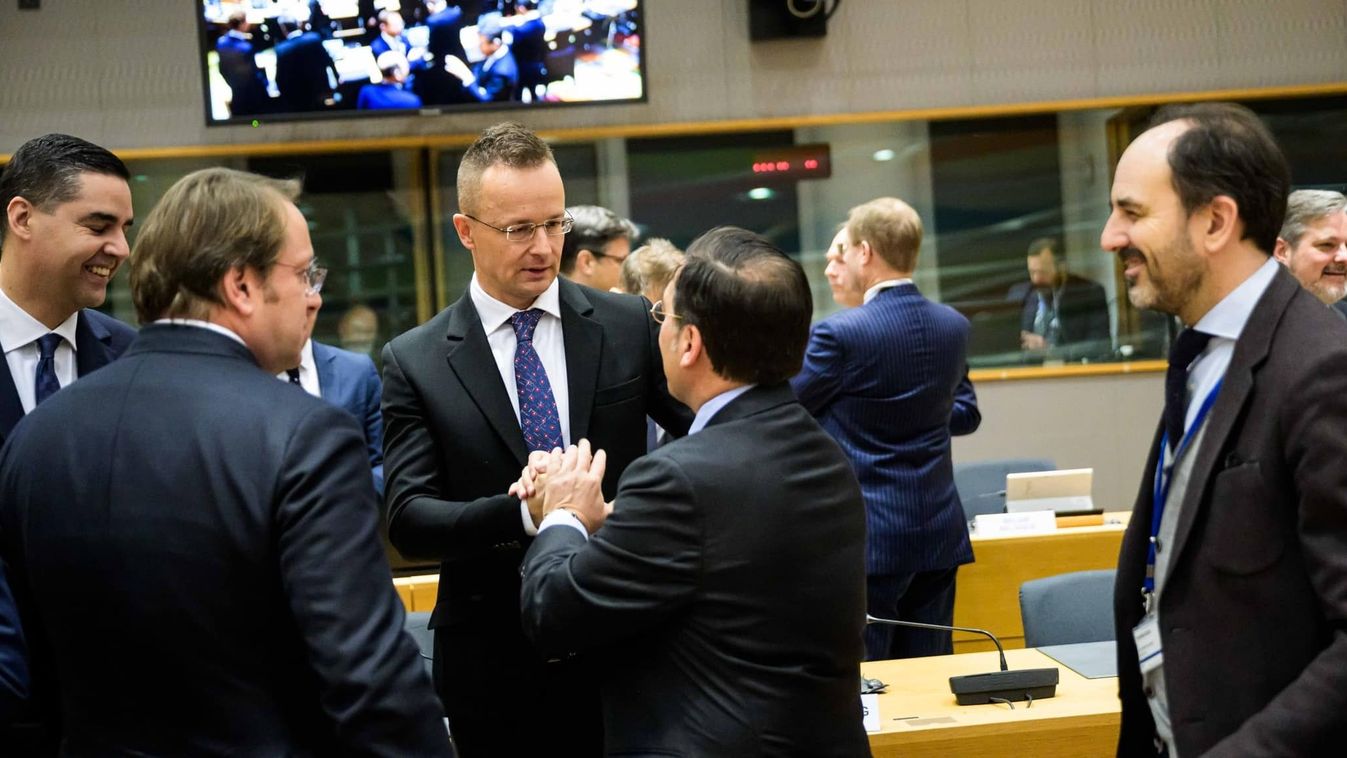
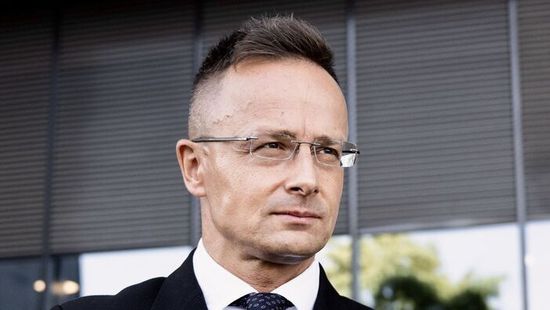
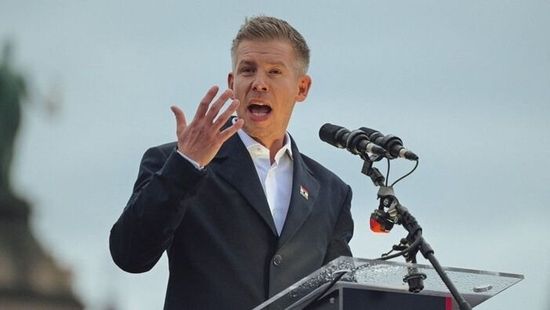
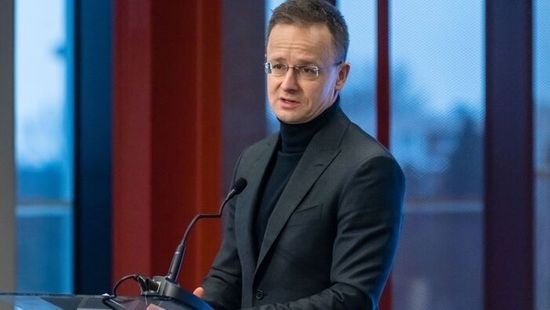
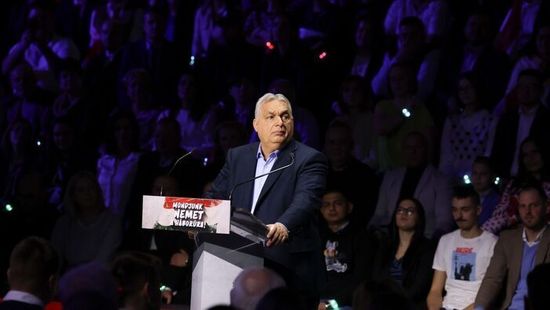


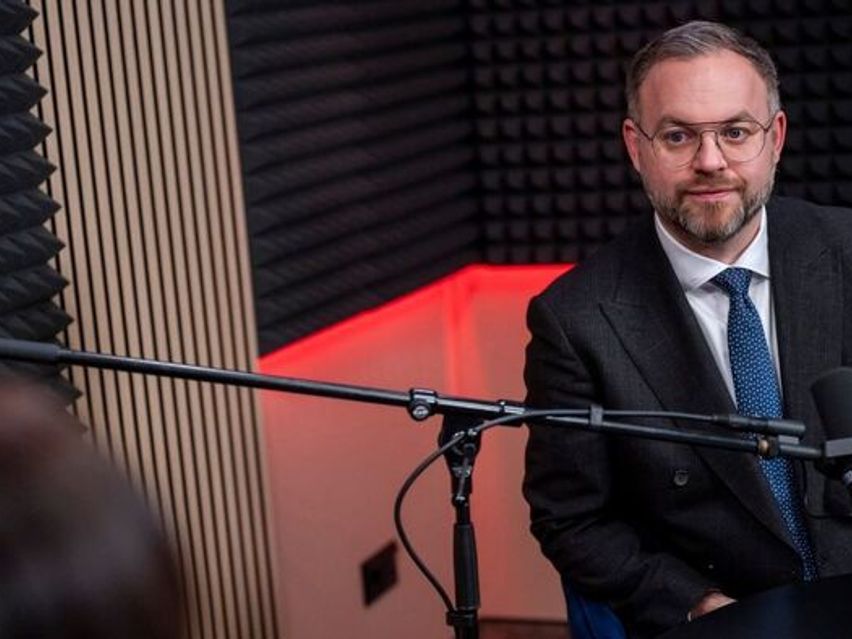



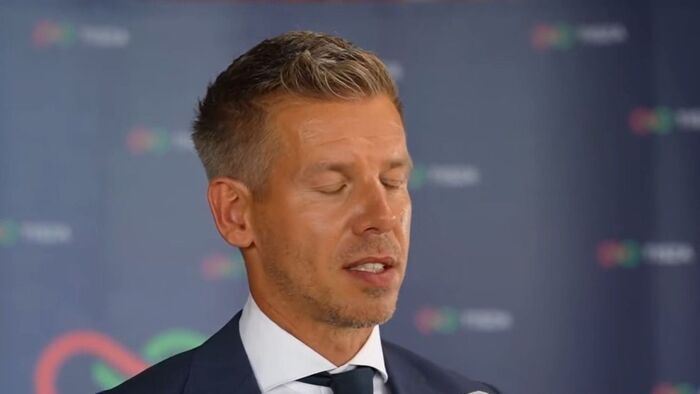




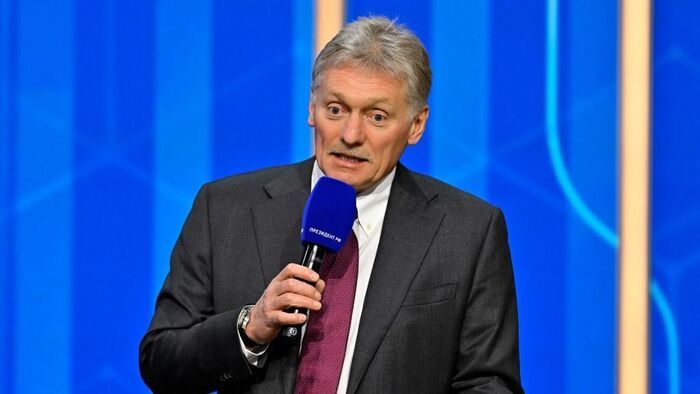
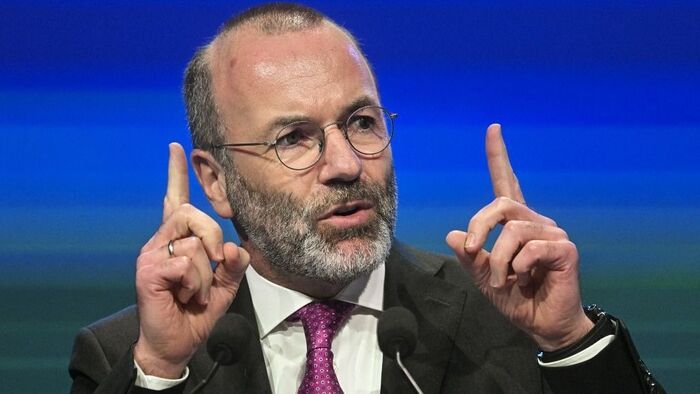


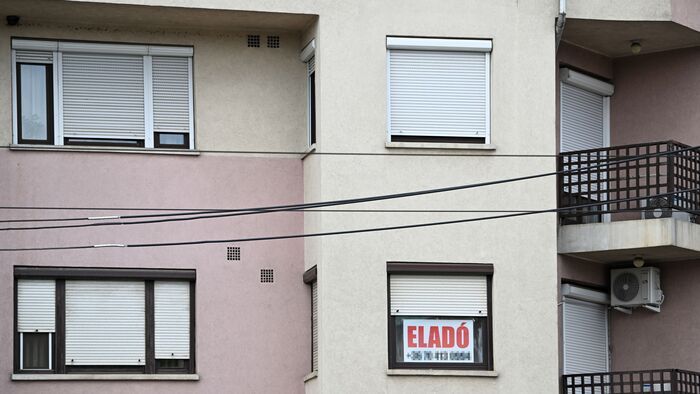


Szóljon hozzá!
Jelenleg csak a hozzászólások egy kis részét látja. Hozzászóláshoz és a további kommentek megtekintéséhez lépjen be, vagy regisztráljon!